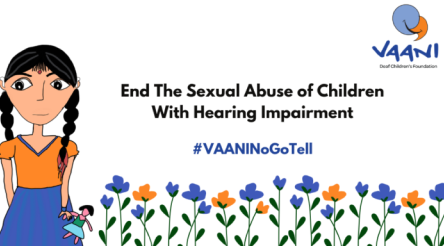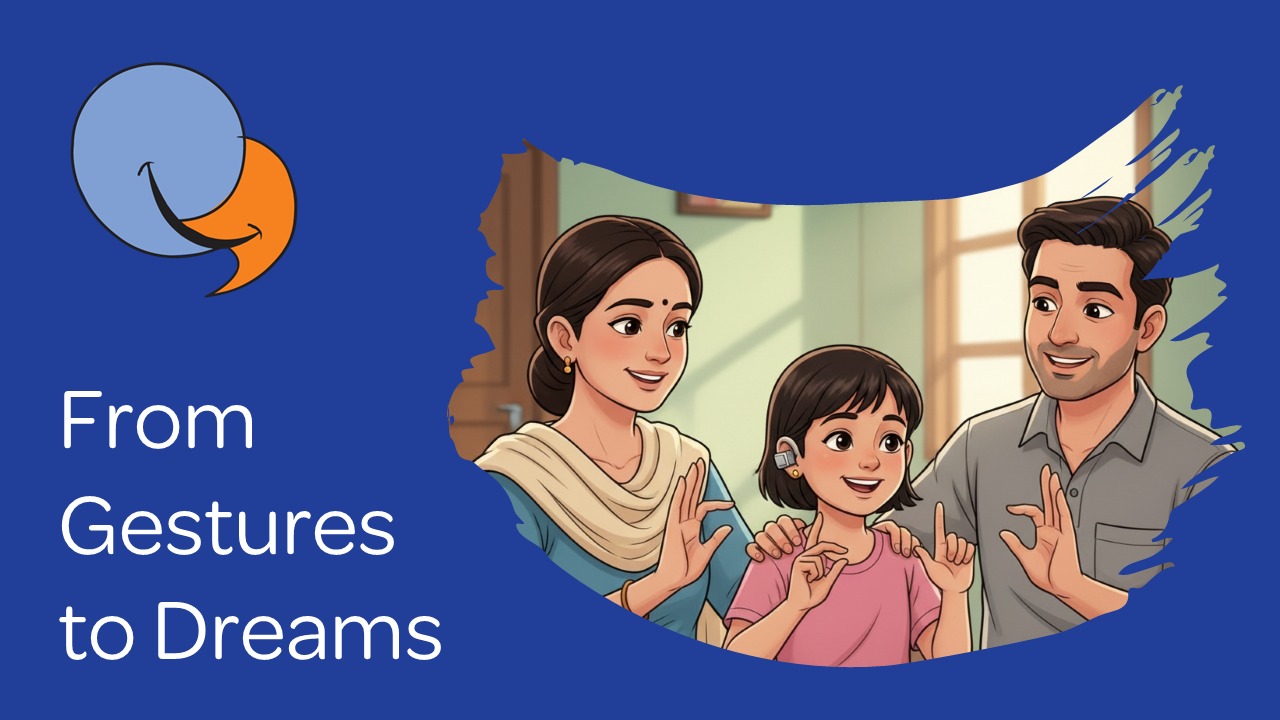Child sexual abuse is sadly rampant in India. There are daily reports in the press of children, sometimes as young as six months, being raped or gang-raped and then being killed. For several years, the judicial processes were more aimed at adult victims, they were cumbersome and lengthy, and families and adolescents often did not report the abuse as the perpetrators, or their protectors threatened them with dire consequences. An added problem was that they feared the stigma and shame their child would be subjected to both through press and media inquisition as well as from the Neighbour’s and community. The third obstacle was the lack of separate child-friendly legal, medical and psychological support services to help children, and their families overcome their trauma and develop the confidence to face the police and the court.
In 2012, a landmark and separate Act, Protection of Children from Sexual Offences (POCSO) Act, was passed by the Government of India specifically to address the needs of child victims. It encompassed an entire support system that included the police, health, justice and social sector so as to have a coordinated response to child sexual abuse, not just at the district level but down to the village level. Further, it spelt out the punishment due to the perpetrators with higher levels of punishment to be meted out to those who are in fact in official positions or where they have a responsibility to protect the child. They could be government officers or those who are in charge of homes, private and public, and who are tasked with the care of children.
Special courts have been set up to expedite cases of child sexual abuse. Some of the courts have introduced very sensitive measures to help the child when her or his case comes up for hearing. This includes creating child-friendly rooms that are colourful with a TV screen, books, toys and the child has a dedicated social worker. The child enters the court through one entrance while the abuser has to use a different entrance to avoid any face-to-face contact with him or them. Video links are set up for the hearing and this helps the child to be protected from conversing with too many people.
It must be stated that in the Act there are specific references to children with physical and mental disabilities particularly under sections that refer to incidents of aggravated sexual assault. The Act states that when a child with a physical or mental disability has been abused, the assistance of a special educator, or any person familiar with the manner of communication of the child, or an expert in that field having such qualifications and experience to record the statements of the child.
The Act also states the Central and State government officers are imparted periodic training on matters related to the implementation of the Act.
In principle, the Act has put systems in place to provide justice to all children, disabled or otherwise, in the event of an incident of assault or other forms of sexual abuse. However, there is little evidence of how children with disabilities are provided with information on how to protect themselves from abuse, how to even understand abuse, report any incidents and then be prepared for facing the legal processes.
Children have a range of disabilities- for instance, deafness. There are others who have a combination of challenges and are unable to speak. How are their needs and rights to have information fulfilled? Are there a sufficient number of qualified and experienced trainers available around the country to meet their needs? Communicating with these children requires the trainer to develop unique and innovative skills to create awareness amongst the children. Textbook teaching might not be the most appropriate technique especially for children with multiple disabilities. A range of tools – tactile and visual – needs to be developed that can also be aimed at parents and caregivers.
On a personal level, over the last 3 years, I ran two workshops for children and young people on child abuse leading up to sexual and reproductive health rights, one of which was on the outskirts of Pune city. The two-day session with my students was a wonderful experience. They were desperately keen to know about their bodies and about sexuality. They were initially shy and I, therefore, started with the basics. By the end of the training they asked questions ranging from how it was possible for a woman warden in a prison to rape women inmates, what is homosexuality, bisexuality, who is a transgender, what is surrogacy, why are girls blamed if a couple cannot have a child, in order words whose ‘fault is it?” what is a condom and on to other forms of pregnancy protection, trafficking of children, issues around personal space, where can they get help if they suspect they are being stalked and so on. They knew very little about their own bodies, and nothing about the bodies of boys/men.
A challenge that I faced was that I could not find suitable teacher training materials in the market. Those that were available were made of plastic or wood, I felt was totally inappropriate. I then hit upon the idea of making them myself. I asked the lady in their canteen to part with some of the flour she had kneaded for making chapattis’. This I used to make models of male and female organs. I even used a banana and a cucumber as samples for how the penis grows during a sexual act. I also dashed across the road and bought a few condoms so that they could feel them and know how it worked. The children had no inhibitions whatsoever, and what should have been a half-hour question and answer session at the end of the workshop, extended to over 1.5 hours.
The youngest of the participants, was 14 then and had just taken her class 10 exams, sent me an email message the next morning to thank me profusely for sharing so much information with them. She still keeps in touch with me. Her disability has not come in the way of her learning, not just for an academic qualification, but also in reaching her goals of being a professional. Here is an urgent need to create awareness amongst children with disabilities on ways and means of protecting themselves from sexual abuse, and what resources are available for them in the country from government agencies and non-government institutions and organizations. NGOs working with children with challenges need to train their children so that they understand their bodies, what parts of their bodies can be exploited and how to prevent exploitation. About not feeling guilty, but instead to be empowered and stand up for themselves. We must help build their communication skills in talking about sexual abuse, knowing their rights to safety and protection, what the Act says the government can and will do for them, and their right to fight for justice.
Child Sexual Abuse (CSA) is a serious issue and can have a life-long impact on the child and can act as an impediment on the child’s future development. Without strong support, victims or survivors might not be able to have a normal married life or relationships or even support their children who might experience similar abuse.
Author’s Bio
The author, Veena Lakhumalani has a career spanning 30 years with the British Council in India and 5 years with its office in Ukraine. From the late 1980s and early 1990s, she led their programmes in Health and Social Development. She initiated programmes for the British Council and the British Government on prevention of HIV and AIDS amongst Sex Workers in West Bengal, Disabilities, Violence Against Women, Child Protection and particularly child sexual abuse, Trafficking of women and children, Adolescent Reproductive and Sexual Health, amongst other social issues. She was invited by VAANI to guest write this blog to mark deaf awareness week starting September 23rd, 2020.
This DEAF AWARENESS WEEK, VAANI has launched an online sensitization campaign to increase public awareness on this topic of ‘Child Sexual Abuse Dangers To Hearing Impaired Children’, from. September 23rd, 2020.
If you are a parent, child, non-profit organization working in the field, corporate organization or community worker and would like to get involved, please write to <vaani@vaani.in>
#VAANINOGOTELL



